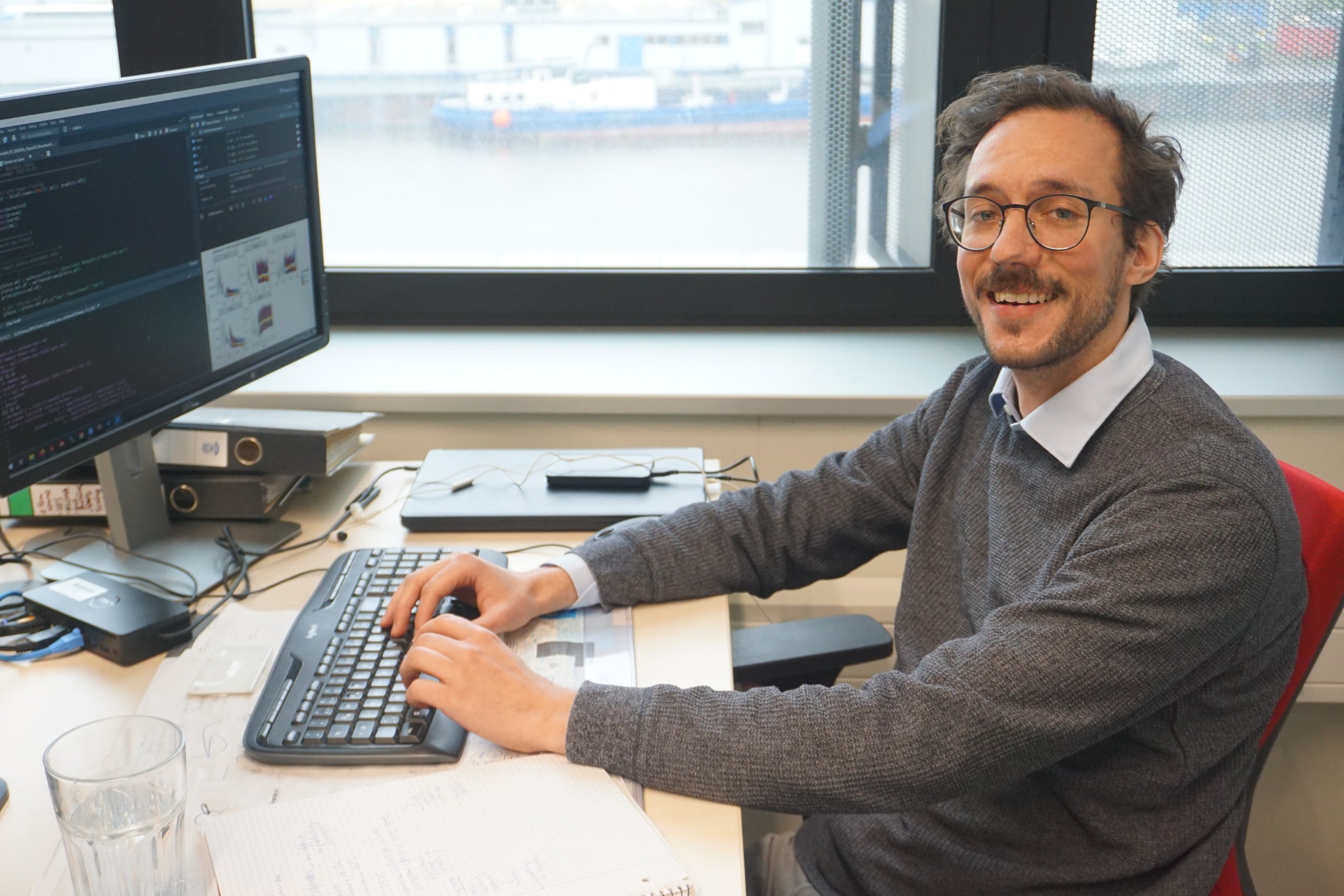SEAwise involves a team of researchers from 24 universities and research organisations across Europe. Coming from a range of backgrounds and disciplines, together they are working to build a new knowledge base for effective implementation of Ecosystem Based Fisheries Management (EBFM) in Europe. We recently spoke to a number of them about what drives them in this space, and what excites them most about their work within SEAwise!
How is EBFM important to you?
Based on my experience, not implementing EBFM would mean neglecting a lot of things happening in our oceans! There is lots we already know, but there’s still lots we don’t understand yet. For me, EBFM feels like the next step in better trying to sustain our natural resources, the ecosystems they live in, and the livelihoods of fishers. As an individual, and a scientist, I have a responsibility to try to bring things forward in order for us to make a difference on how we, as humanity, interact with nature. I would be proud, if some of the work within SEAwise would change how we perceive and manage natural systems for the better.
Which aspects of EBFM interest you most, and why?
I am interested in how we break down all the complex things happening within the marine ecosystem (and within our models), to create a practical and fit for purpose EBFM tool. It’s quite a challenge to strike a balance between being overly simple, but also too complex in the approach with EBFM. It’s very easy to get lost in the details! I am particularly interested in North Sea mixed fisheries and effective ways to balance stock health, mitigate climate change impacts, reduce bycatch, and sustain the livelihoods and cultural heritage of fishers.
How do you think your work in SEAwise will improve EBFM?
EBFM lets us look at management from more than one perspective – a key challenge is actively communicating both the strengths and weaknesses of such an approach. If we succeed, this can help build trust between scientists and stakeholders, and my hope is that our active and ongoing consideration of climate change effects and questions on uncertainty will have a lasting impact in that respect.
As an environmental modeller, my aim is to concentrate efforts towards improving fisheries management, with a perspective on the long-term. Most of the ideas we are working on will feed into management processes through our work in ICES and various other working groups. For example, my work dealing with the demersal mixed fisheries of the North Sea is closely linked to the relevant working group on this topic within ICES (WGMIXFISH), and aids advice that way.
What future work by SEAwise are you most excited by?
I am very excited to see the final product(s) of our modelling, with all the different pieces of the puzzle (economic, social and ecological) fitting together to produce a more holistic perspective to fisheries management. By tying up all the loose ends and combining all the different approaches into one ambitious product, I hope it will give us an EBFM Tool that is truly useful to managers!

“A key SEAwise highlight for me is definitely working with different people from various backgrounds and perspectives, coming together to create a more holistic view of fisheries management and our ecosystems.”
Bernhard is an environmental modeller with a broad interest in ecological modelling, spanning sea and land. He specialises in population ecology – modelling environmental-species relationships as well as species-interactions (e.g predator-prey relationships). He started working in the field of fisheries science and management in 2018 on the EU-funded project PANDORA. As part of SEAwise, Bernhard works on the North Sea Case Study, undertaking mixed fisheries modelling which accounts for the economic and social aspects of fisheries management.
Our dynamic network of fisheries stakeholders is key to SEAwise’s work. We are actively seeking representatives from key management agencies, the fishing sector, NGOs and the scientific community to take part in workshops and other in-person or online knowledge-gathering activities. The shared insights and lived experiences of network members will support the development of a comprehensive understanding of the needs and priorities of a diverse range of fisheries stakeholders, and how to fulfil these.
Stay up to date with SEAwise news and research, hear about upcoming events, and receive updates on fisheries news from across the European seascape.